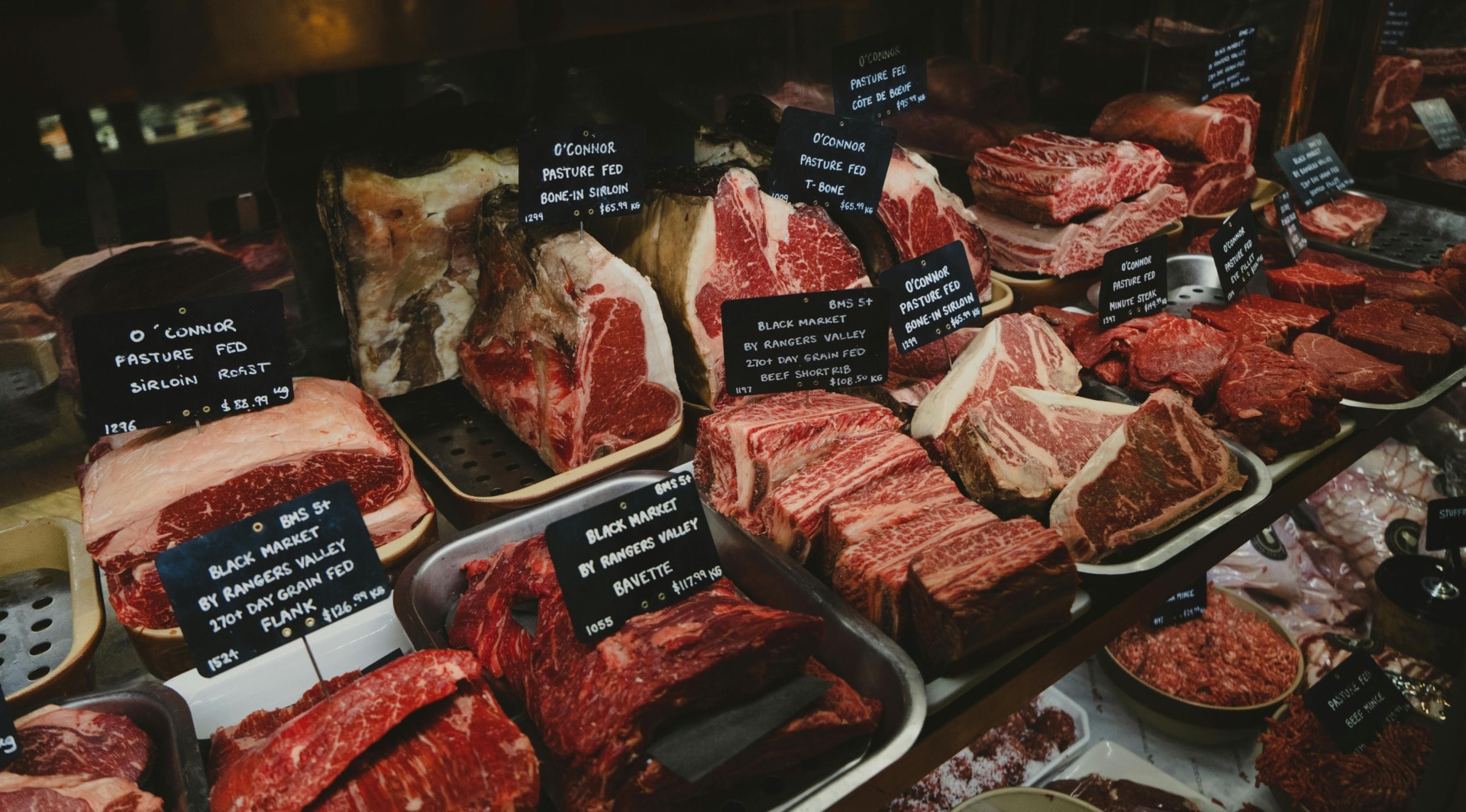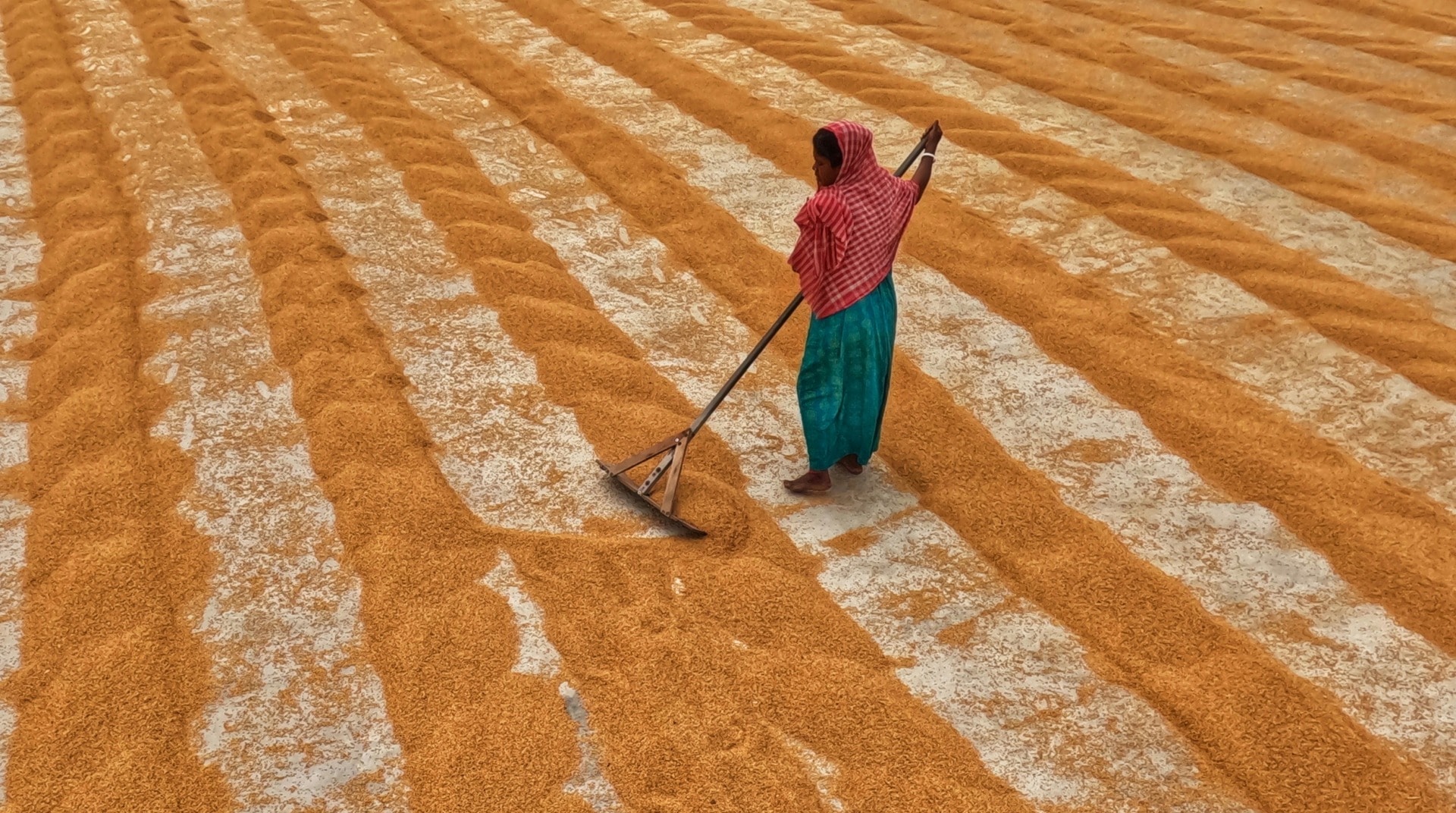Four years old, in my grandmother’s Calcutta apartment, watching her train out her new knees on cooking a menagerie’s worth of Indian meat curries. Seven years old, watching my mother work her magic into a big pot of Gumbo, after we’d watched Bourdain talk about it on TV. Twenty-two, watching my roommate idly stir a pomodoro sauce she’d learned to make while living in Italy.
Sprinkled through my life, and yours, are moments that prove that it is on the backs of women that food culture is carried. Maybe it’s dangerous to romanticise the societal relegation of a woman to the kitchen, and that’s a conversation that needs to be had urgently.

You’d be excused for thinking the food industry might be inclined to equality. After all, society is acclimatised to seeing women as producers of food, right? Why wouldn’t the next phase of food innovation be driven by the larger half of the world population that has shouldered a disproportionate share of labour in food history?
It is around here that your critical thinking kicks in and you remember exactly how hard it’s been for women in the professions around food. Look at “Julie and Julia,” where the phenomenal Meryl Streep shows Julia Child’s remarkable pluckiness in the face of condescension from the stuck-up trainee chefs around her. Look at Gordon Ramsay’s endless appetite for sexism, for instance when he presented a picture of a journalist interviewing him as a naked pig.
The casual derision directed towards women being professionals in the kitchen and in food is beautifully ironic and has been much maligned. Change has been in the works, we’ve been told. The cultural upheaval following allegations of widespread sexual crimes taking place in the American and global fine dining scene — the #MeToo movement, to be clear — promised a revolution, a shift.
However cynical this may seem to you, the point of focus here is and must remain the women speaking up. These are voices and stories that have recently felt empowered to speak and creating forums and systems of support should be a large part of the future of food.
This is not cynicism I bring you. It is hope, it is a mission. Listen to the voices in the food world that haven’t been able to speak. Build them soapboxes, gather, throng and fawn, but above all, listen.
Stop the abuse, upgrade women from “cook” to “chef”— it’s not that hard
People began to listen very recently, with the infamous outing of American chef Mario Batali’s culture of harassment and sexual misconduct, which opened up a larger conversation about women behind the scenes.

Toronto’s Jen Agg, for example, set a gleaming precedent with “Kitchen Bitches,” a conference for women in the food industry. The Toronto-based restaurateur (of “Black Hoof” fame) was inspired by the Weslodge restaurant’s Kate Burnham coming forward with her allegations of horrific workplace harassment.
“Kitchen Bitches: Smashing the Patriarchy One Plate at a Time” was a forum for these issues to be voiced, with a large spectrum of viewpoints, most strikingly from chef Sophia Banks:
“I’ve worked in a kitchen both as a man and as a woman. When I worked as a man, I was part of the dude-bro culture, I played along with the dudes. When I look back on that now, it was kind of sh*tty of me. I didn’t stand up for women enough and I allowed that abuse of women to happen. Even though at the time I knew I was a woman living as a man.”
After coming out as a trans woman, she decided to go back to kitchen work:
“I got a job and on my first day, after 15 minutes, I got kicked out of the women’s change room where I was putting on my chef’s uniform. So I walked out. I have 10 years experience working as a cook and kitchen manager. I managed restaurants for five years. But my career is done. For the last year and a half I’ve been working as a [expletive] dishwasher.”
After this devastating experience, and now sitting on a dead-end road, she concludes:
“What I really want to see happen in the industry is what I want to see happen in life in general. People need to listen to oppressed people. I have white privilege. But I’m also experiencing oppression as a trans woman, as a queer woman, and as a low-income woman.”
This direct juxtaposition is hard to reconcile with a tone of denial and trivialisation. There is a definitive minimisation of merit in the food production industry.
Shockingly, not only was this forum overlooked in the coverage of any large publication, it was also followed only by silence and inaction. No further forums have followed in its footsteps either.
Food media is clearly not much better off: The food media world and a large chunk of the internet were shocked to learn of racist and sexist discrimination in the Bon Appetit Test Kitchen. The Test Kitchen had gained viral popularity amongst Gen-Z, with the figurehead of pastry chef Claire Saffitz being the subject of particular fandom.
Related Articles: Leveling the Playing Field for Women in Agriculture | What’s At Stake: Gender, Agriculture and Crisis
It is here we need to address the issue of intersectionality: Women of colour, especially those in devoloping countries are, across the board, the most victimised.
This comes into sharp focus in the agricultural sector of the food industry; this study by the Sustainable Food Trust proves just this, showing that “ideas and histories of gender, race and labour are central, not peripheral, to how farms are organized.”
It goes on to present the social justice solution toward equity of “recognition, redistribution, and representation,” which is a known 3-step strategy toward and equal society.”

Seeing as the International Labour Organisation estimates 41% of the agricultural workforce to be women/non-binary, this would appear to be a universal point of interest.
In this workforce, however, there is a sharp tapering of the share of women in the food innovation sector, with a serious underrepresentation in the CXO positions.
And yet, to drive food habits, women’s perspective is essential, given that at least 91% of households globally have their food purchasing decisions driven by women.
If food is indeed to move forward, to a sustainable and hopefully more interesting future, women cannot be this easily left out of the conversation.
Listening and learning for practitioners in the industry (and in the larger sustainability cause) is imperative. Food consumption is driven by the labour of women and the innovation of only — or mostly — men.
Women are largely left out of food innovation, with a few exceptions, mainly some imaginative food writers, like Katie Lee, Co-Host of The Kitchen on Food Network, and a rare chef or two (or even up to ten) in the Paris luxury restaurant scene, like superstar pastry chef Christelle Brua.
This egregious condescension of the female psyche must be reckoned with for a better future for all genders.
Editor’s Note: The opinions expressed here by the authors are their own, not those of Impakter.com — In the Featured Photo: A woman chef faces a storm. Featured Photo Credit: Generated by Stable Diffusion AI.













